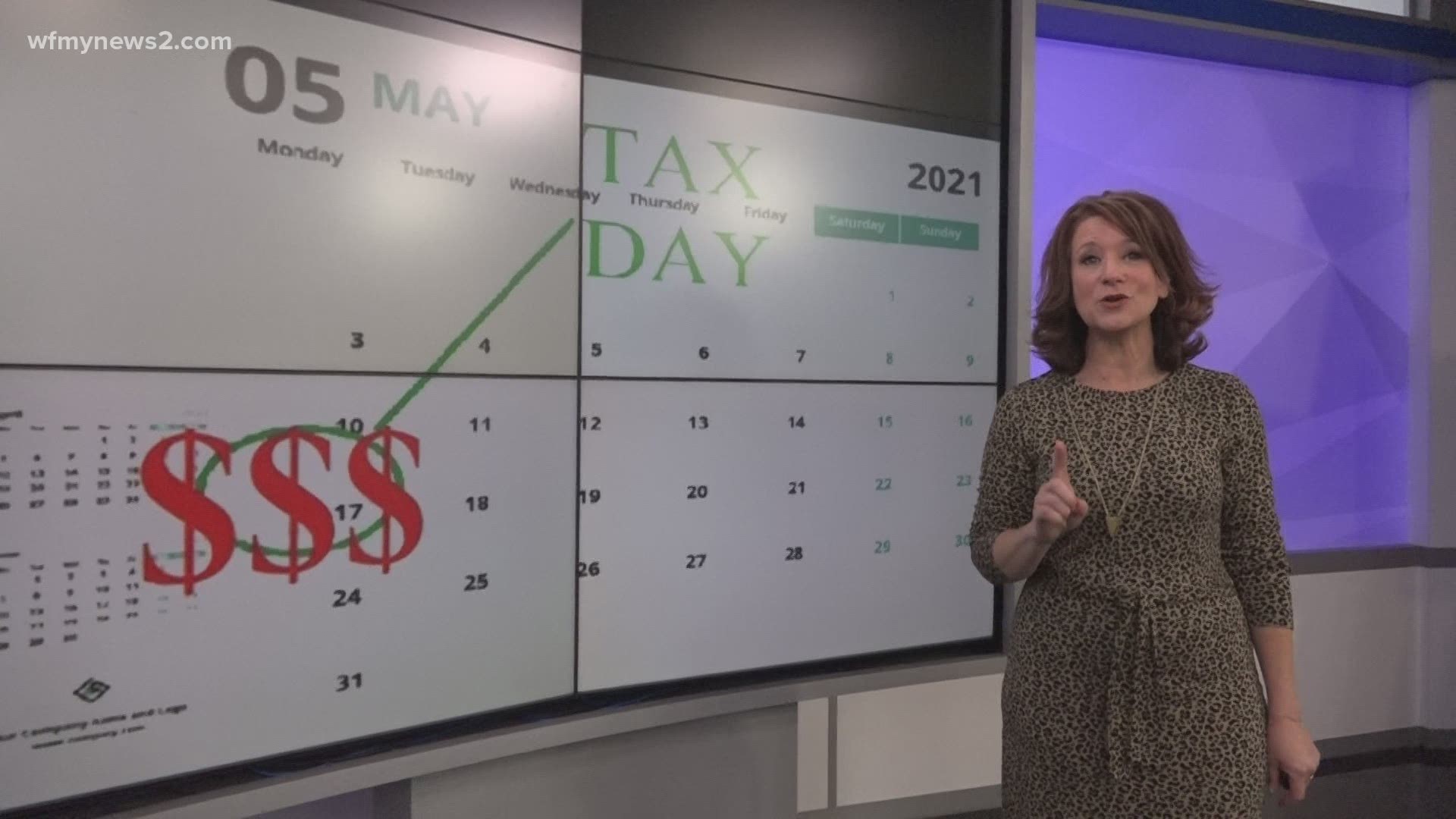The IRS said last month it was holding on to $1.3 billion in tax refunds for an estimated 1.3 million people who have not yet filed their 2017 tax returns. Americans now only have about three days left to collect it.
"Time is quickly running out for these taxpayers. There's only a three-year window to claim these refunds, and the window closes on May 17 (Monday)," IRS Commissioner Chuck Rettig said in a statement on April 5. "We want to help people get these refunds, but they will need to quickly file a 2017 tax return."
Monday is also the day that 2020 tax returns are due. It was extended from April 15 because the tax laws were changed by the passage of the American Rescue Plan COVID relief bill on March 11.
For those who don't collect their 2017 refund now, their money becomes property of the U.S. Treasury.
The IRS said it calculates that half the refunds are for more than $865 each and the other half are for less than that. In addition, some of those who did not file a 2017 return could be eligible for the Earned Income Tax Credit, which was worth up to $6,318 for that tax year. The EITC income thresholds for 2017 were as follows:
- $48,340 ($53,930 if married filing jointly) for those with three or more qualifying children
- $45,007 ($50,597 if married filing jointly) for people with two qualifying children
- $39,617 ($45,207 if married filing jointly) for those with one qualifying child, and
- $15,010 ($20,600 if married filing jointly) for people without qualifying children
1040s, 1040-As and 1040-EZs for 2017 can be found on IRS.gov.
Those who are missing W-2s or other income forms and who cannot get them from employers, banks or other payers can use the IRS Get Transcript Online tool.

